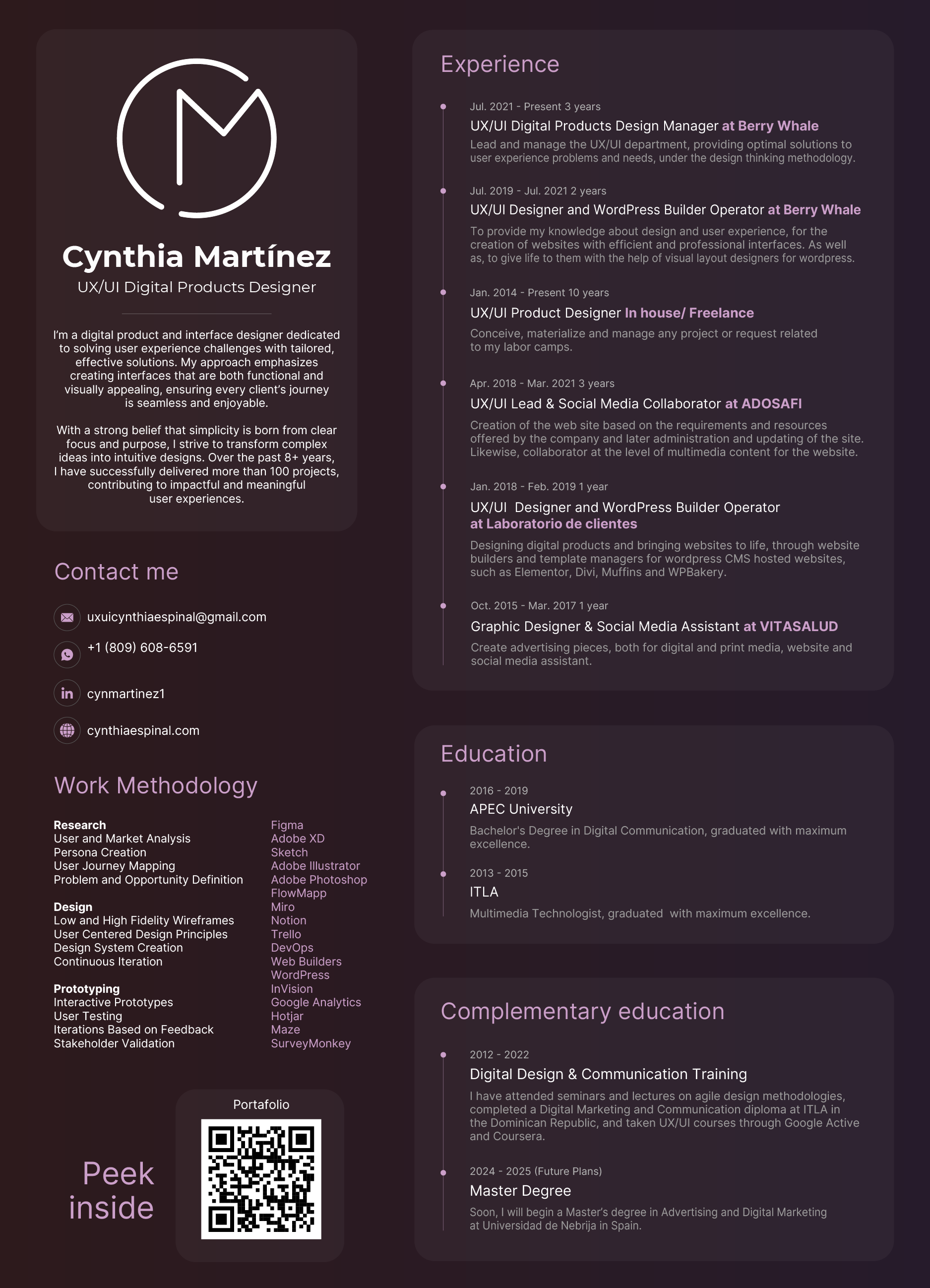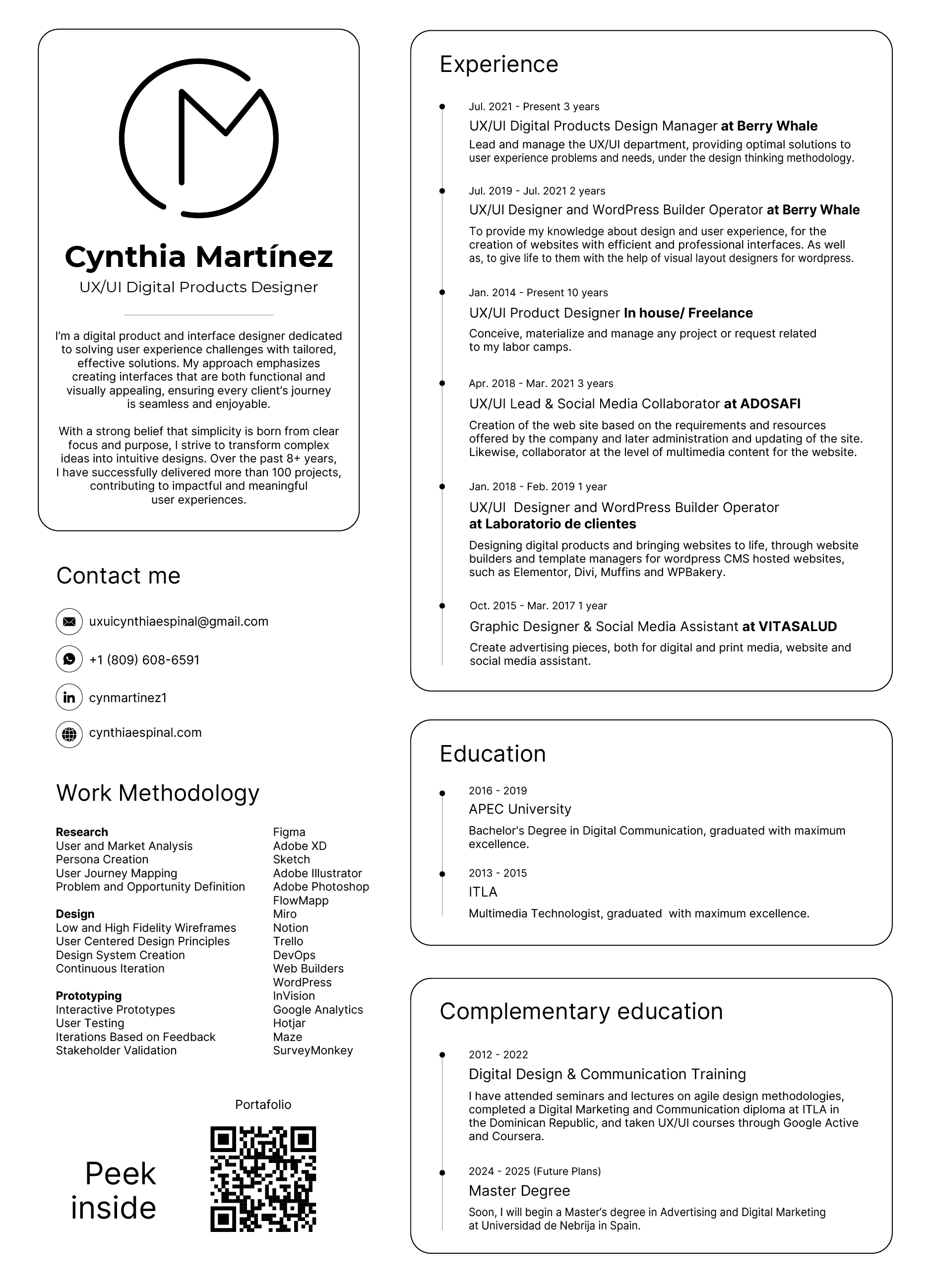We live in a society that has become so critical that we often overlook what truly matters. Instead of recognizing skills, potential, and talent, we focus on appearances, polished words, and arbitrary standards that are rarely communicated clearly.
I remember applying for a position at a very well-known company in my country. I had the certifications, the experience, and I even completed their test successfully. But I never got the call. Later, I learned the real reason: someone on the hiring team dismissed me simply because of how I looked. Not because of my skills, not because of my performance, but because of something as superficial as appearance.
The Unwritten Rules
What frustrates me the most is how companies impose requirements they never put into writing. Some say they don’t need a photo on your résumé, which is great—because they’re hiring your mind, not your face. But others automatically discard an application if a photo is missing, even though they never state it anywhere.
And then there’s the résumé itself. Today, with AI tools, anyone can write a perfectly polished document. But does that really show whether someone is a great designer, engineer, or professional in their field? Of course not. It only shows that the person knows how to write—or how to generate—something that looks neat on paper. Talent goes much deeper than that.
The Professional Dilemma
So where’s the balance? Presentation does matter—it reflects professionalism and attention to detail. But it shouldn’t outweigh the real question: can this person do the job? Too often, hiring practices favor conformity to an invisible checklist rather than recognizing true ability.
I’ve even seen recruiters reject résumés for details as minor as writing “I have worked at” instead of “worked at.” But why should that matter more than the skills the candidate brings to the table? At what point are we hiring for language perfection instead of expertise?
A Closing Reflection
The way we evaluate talent needs to change. Recruiters should be transparent about expectations instead of relying on unwritten rules. Candidates should feel free to present themselves authentically, while still meeting basic standards. And as a society, we should stop confusing polished appearances with real capability.
Because in the end, it’s not about how perfectly you write your résumé—it’s about what you can actually do once you’re given the chance.






